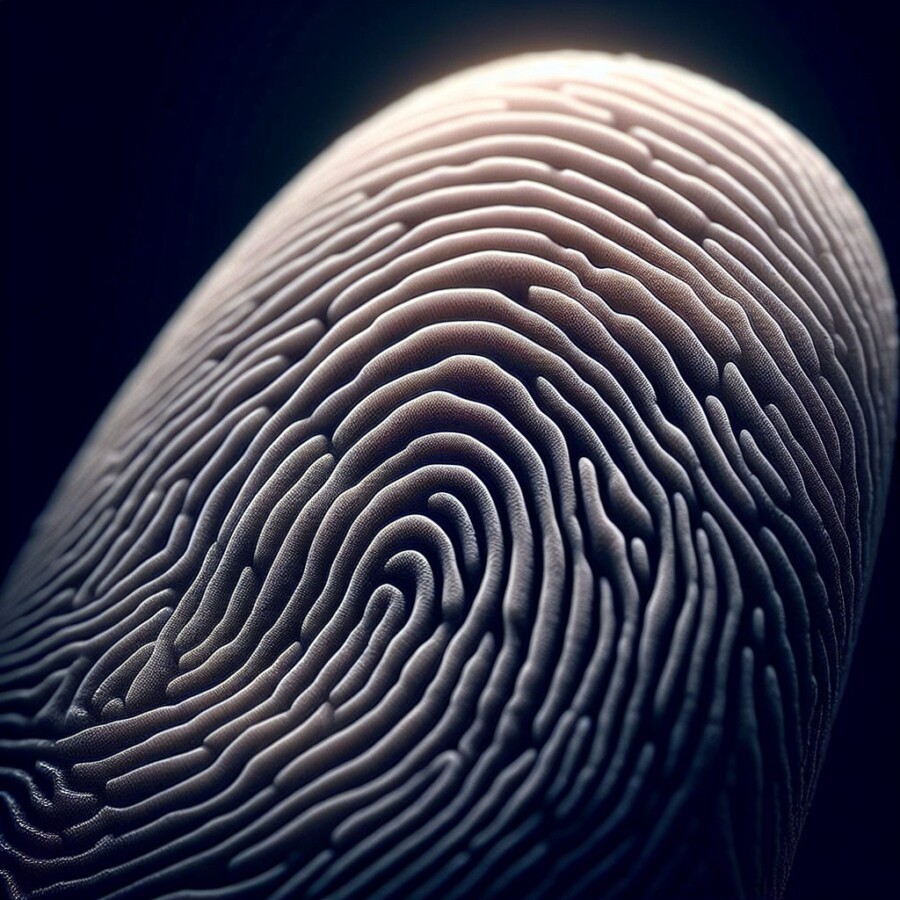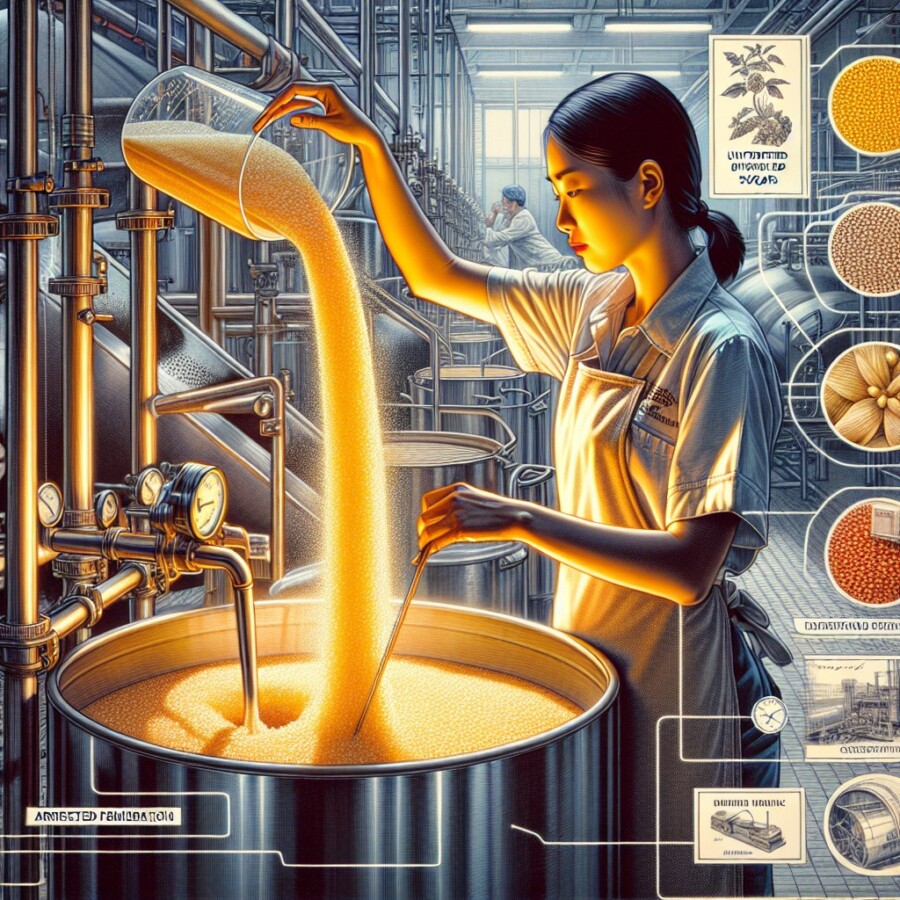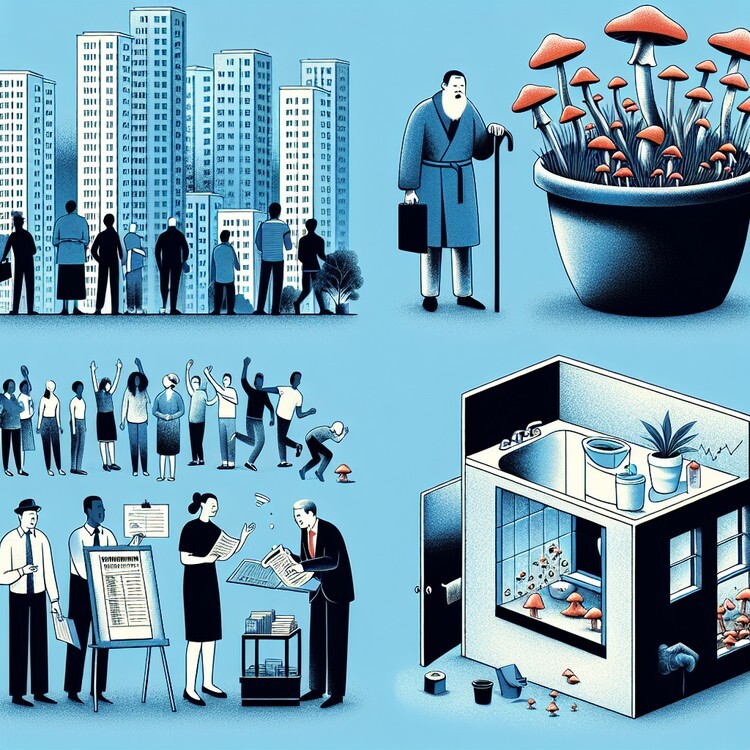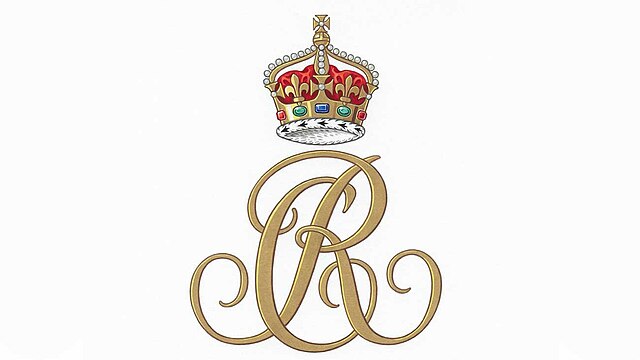Some smart people at a big school used a computer to look at many fingerprints. They found that the computer could guess if different finger marks were from the same person. The computer looked at the lines in the middle of the finger. The smart people don’t know how the computer does this. They think the computer can help find out who was at a place where something bad happened.
Some other smart people are not sure if the study is right. They wonder if the lines on fingers change when we touch things or as we get older. The smart people who did the study also have questions. But they wrote about their work, and other smart people said it was good. Their writing will be in a book with many studies.
Original news source: Our fingerprints may not be unique, claims AI (BBC)
🎧 Listen:
Slow
Normal
Fast
📖 Vocabulary:
| 1 | computer | A machine that helps us do things like play games or learn. |
| 2 | fingerprints | The marks your fingers leave that are special to you. |
| 3 | guess | To think about what might be true or what might happen. |
| 4 | lines | The long, thin marks that can be straight or curvy. |
| 5 | person | Someone like you or your friend. |
| 6 | study | To try to learn about something by looking at it carefully. |
| 7 | wonder | To think about something because you want to know more. |
| 8 | change | To become different or to make something different. |
| 9 | writing | Putting words on paper to tell about something. |
| 10 | book | A bunch of pages with words and pictures that you can read. |
Group or Classroom Activities
Warm-up Activities:
– Charades
Instructions: Divide the class into small groups. Give each group a set of vocabulary words related to the article (e.g. fingerprints, computer, lines, study, etc.). One student from each group will act out a word without speaking, while the rest of the group tries to guess the word. The group that guesses the most words correctly wins.
– Word Association
Instructions: Write the word “fingerprint” on the board. Ask the students to brainstorm as many words as they can that they associate with fingerprints. Encourage them to think of related words such as “police,” “crime,” “identification,” etc. After a few minutes, have the students share their words with the class and create a word web on the board.
– Vocabulary Pictionary
Instructions: Divide the class into pairs. Give each pair a set of vocabulary words from the article. One student will choose a word and draw a picture to represent it, while their partner tries to guess the word. The pair that guesses the most words correctly wins.
– Speed Summarizing
Instructions: Give each student a copy of the article. Set a timer for 2 minutes. In pairs, the students take turns summarizing the article to each other within the time limit. After each round, the students switch partners and summarize again. Encourage students to use their own words and focus on the main ideas of the article.
– Two Truths and a Lie
Instructions: Instruct each student to write down two true statements and one false statement related to the article. They should not reveal which statement is false. In pairs or small groups, students take turns sharing their statements. The other students must guess which statement is the lie. This activity helps students practice speaking and listening skills, as well as reinforce the vocabulary and content of the article.
🤔 Comprehension Questions:
1. What did the smart people at the big school use to look at fingerprints?
2. What part of the finger did the computer look at?
3. Do the smart people know how the computer can guess if the fingerprints are from the same person?
4. What do the smart people think the computer can help with?
5. Are all the smart people sure if the study is right?
6. What do the smart people wonder about the lines on fingers?
7. Where will the smart people’s writing be?
Go to answers ⇩
🎧✍️ Listen and Fill in the Gaps:
Some smart people at a big school used a computer to look at many fingerprints. They (1)______ that the computer could guess if different finger (2)______ were from the same person. The computer looked at the lines in the middle of the finger. The smart people don’t (3)______ how the computer (4)______ this. They think the computer can help find out who was at a place where something bad (5)______.
Some other smart people are not sure if the study is right. They wonder if the (6)______ on fingers change when we touch things or as we get older. The smart people who did the study also have questions. But they wrote about their work, and other smart people said it was (7)______. Their (8)______ will be in a book with many studies.
Go to answers ⇩
💬 Discussion Questions:
Students can ask a partner these questions, or discuss them as a group.
1. What is a fingerprint?
2. How would you feel if a computer could guess if two fingerprints were from the same person?
3. Do you like using computers? Why or why not?
4. Do you think fingerprints change as we touch things or get older? Why or why not?
5. What do you think about the smart people who did the study?
6. How would you feel if your fingerprint could help find out who was at a place where something bad happened?
7. Do you think it’s important to study fingerprints? Why or why not?
8. What do you think about the idea of a book with many studies?
9. How would you feel if your fingerprint was in a book?
10. Do you think it’s good that the smart people wrote about their work? Why or why not?
11. What questions do you have about fingerprints?
12. How would you feel if you could use a computer to guess if two fingerprints were from the same person?
Individual Activities
📖💭 Vocabulary Meanings:
Match each word to its meaning.
Words:
1. computer
2. fingerprints
3. guess
4. lines
5. person
6. study
7. wonder
8. change
9. writing
10. book
Meanings:
(A) To try to learn about something by looking at it carefully.
(B) To think about what might be true or what might happen.
(C) The long, thin marks that can be straight or curvy.
(D) To become different or to make something different.
(E) A bunch of pages with words and pictures that you can read.
(F) To think about something because you want to know more.
(G) The marks your fingers leave that are special to you.
(H) A machine that helps us do things like play games or learn.
(I) Someone like you or your friend.
(J) Putting words on paper to tell about something.
Go to answers ⇩
🔡 Multiple Choice Questions:
1. What did the smart people use to look at fingerprints?
(a) Pencil
(b) Book
(c) Computer
(d) Pen
2. What part of the finger did the computer look at?
(a) Lines in the middle
(b) Lines on the side
(c) Lines at the top
(d) Lines at the bottom
3. What do the smart people think the computer can help find out?
(a) Who won a game
(b) Who was at a place where something bad happened
(c) Who has the biggest house
(d) Who has the most toys
4. What do some other smart people wonder about the study?
(a) If the lines on toes change
(b) If the lines on ears change
(c) If the lines on noses change
(d) If the lines on fingers change
5. What did the smart people write about their work?
(a) Their writing will be in a magazine
(b) Their writing will be in a book
(c) Their writing will be in a newspaper
(d) Their writing will be in a letter
6. What did the other smart people say about the writing?
(a) It was bad
(b) It was funny
(c) It was sad
(d) It was good
7. What will the book have?
(a) Many studies
(b) Many pictures
(c) Many stories
(d) Many jokes
8. Who did the smart people think the computer could help find?
(a) Who was at a place where something good happened
(b) Who was at a place where something funny happened
(c) Who was at a place where something bad happened
(d) Who was at a place where something sad happened
Go to answers ⇩
🕵️ True or False Questions:
1. Some other smart people are not sure if the study is wrong.
2. The computer could not guess if different finger marks were from the same person.
3. The smart people who did the study wrote about their work, and other smart people said it was bad.
4. Smart people at a big school used a computer to look at fingerprints.
5. The smart people think the computer can help find out who was at a place where something bad happened.
6. They do not wonder if the lines on fingers change when we touch things or as we get older.
7. The smart people don’t know how the computer does this.
8. The computer looked at the lines in the middle of the finger.
Go to answers ⇩
📝 Write a Summary:
Write a summary of this news article in two sentences.
Check your writing now with the best free AI for English writing!
Writing Questions:
Answer the following questions. Write as much as you can for each answer.
Check your answers with our free English writing assistant!
1. What did some smart people use a computer to look at?
2. What did the computer guess about the finger marks?
3. What part of the finger did the computer look at?
4. What do some smart people wonder about the lines on fingers?
5. What will happen to the writing of the smart people who did the study?
✅ Answers
🤔✅ Comprehension Question Answers:
1. What did the smart people at the big school use to look at fingerprints?
They used a computer to look at fingerprints.
2. What part of the finger did the computer look at?
The computer looked at the lines in the middle of the finger.
3. Do the smart people know how the computer can guess if the fingerprints are from the same person?
No, the smart people don’t know how the computer does this.
4. What do the smart people think the computer can help with?
The smart people think the computer can help find out who was at a place where something bad happened.
5. Are all the smart people sure if the study is right?
No, some smart people are not sure if the study is right.
6. What do the smart people wonder about the lines on fingers?
They wonder if the lines on fingers change when we touch things or as we get older.
7. Where will the smart people’s writing be?
Their writing will be in a book with many studies.
Go back to questions ⇧
🎧✍️✅ Listen and Fill in the Gaps Answers:
(1) found
(2) marks
(3) know
(4) does
(5) happened
(6) lines
(7) good
(8) writing
Go back to questions ⇧
📖💭✅ Vocabulary Meanings Answers:
1. computer
Answer: (H) A machine that helps us do things like play games or learn.
2. fingerprints
Answer: (G) The marks your fingers leave that are special to you.
3. guess
Answer: (B) To think about what might be true or what might happen.
4. lines
Answer: (C) The long, thin marks that can be straight or curvy.
5. person
Answer: (I) Someone like you or your friend.
6. study
Answer: (A) To try to learn about something by looking at it carefully.
7. wonder
Answer: (F) To think about something because you want to know more.
8. change
Answer: (D) To become different or to make something different.
9. writing
Answer: (J) Putting words on paper to tell about something.
10. book
Answer: (E) A bunch of pages with words and pictures that you can read.
Go back to questions ⇧
🔡✅ Multiple Choice Answers:
1. What did the smart people use to look at fingerprints?
Answer: (c) Computer
2. What part of the finger did the computer look at?
Answer: (a) Lines in the middle
3. What do the smart people think the computer can help find out?
Answer: (b) Who was at a place where something bad happened
4. What do some other smart people wonder about the study?
Answer: (d) If the lines on fingers change
5. What did the smart people write about their work?
Answer: (b) Their writing will be in a book
6. What did the other smart people say about the writing?
Answer: (d) It was good
7. What will the book have?
Answer: (a) Many studies
8. Who did the smart people think the computer could help find?
Answer: (c) Who was at a place where something bad happened
Go back to questions ⇧
🕵️✅ True or False Answers:
1. Some other smart people are not sure if the study is wrong. (Answer: False)
2. The computer could not guess if different finger marks were from the same person. (Answer: False)
3. The smart people who did the study wrote about their work, and other smart people said it was bad. (Answer: False)
4. Smart people at a big school used a computer to look at fingerprints. (Answer: True)
5. The smart people think the computer can help find out who was at a place where something bad happened. (Answer: True)
6. They do not wonder if the lines on fingers change when we touch things or as we get older. (Answer: False)
7. The smart people don’t know how the computer does this. (Answer: True)
8. The computer looked at the lines in the middle of the finger. (Answer: True)
Go back to questions ⇧















